Failure Analysis
CAE Piping performs the Root Cause Failure Analyses and investigate the fatigue, ratcheting, shake down, limit load and the fracture mechanics phenomena for the welded components, pipelines and storage tanks, turbine blades, boiler components, aerospace and other mechanical components.
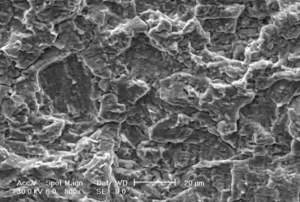
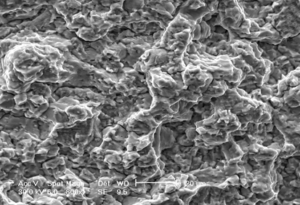
We are specialized in examination of the fracture surfaces to determine the type and direction of the crack propagation, estimating the remain life of the cracked components and providing solutions to stop the crack propagation or designing the improved replacement part.
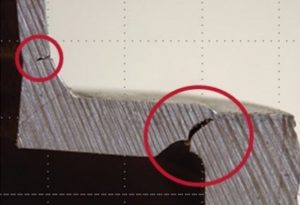
There exist a few possible failure modes that we take into consideration in the design of piping systems and mechanical components. We provide the Root Cause Failure Analysis (RCFA), identifying the root causes of faults or problems in mechanical components, piping system and supporting structures, utilizing finite element analysis.
The failure analysis services are carried out in two steps:
First Step: Design by linear elastic analysis based on ASME Section III or Section VIII:
- Limit on primary stress to prevent plastic deformation.
- Limit on primary plus secondary stress to prevent excessive plastic deformation.
- Limit on peak stress to prevent fatigue failure due to cyclic loading.

Second Step: Design by nonlinear analysis based on ASME Section III or Section VIII (utilizing finite element analysis):
- Limit load analysis
CAEP uses the Limit load analysis to investigate limit loads of the pipe supports and mechanical components, if required. The limit load is the load level which the deformation growths without limit if the material of the structure is considered as ideal elastic-plastic (material with zero strain hardening).
- Failure analysis under cyclic loading (Low / high cycle fatigue analysis):
We perform fatigue analysis on piping systems, pressure vessels, components and welded structures to investigate the cyclic damage and the minimum life cycles and the possibility of the crack initiation.
- Mechanical ratcheting analysis:
We perform ratcheting analysis on the piping systems and pressure vessels to investigate the ratcheting failure mode. This failure mode is due to the accumulation of plastic strains due to cyclic loading. The stress level should be severe enough to reach such a plastic accumulation. The driving force of the ratcheting distortion is primary membrane stress and then alternating stresses is needed.
- Thermal ratcheting analysis:
We perform thermal ratcheting analysis too. Thermal ratcheting failure mode is the progressive growth of pipe-diameter when the constant pressure, hoop stress, and alternating thermal gradient are applied through the thickness of the piping systems or pressure vessels.
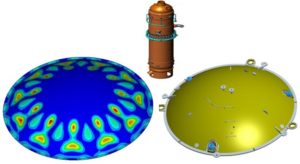
- Shake down analysis:
We check the possibility of occurrence of the material shake down on the pressure vessels, piping systems and components under structural and thermal transient loads. Elastic shake-down occurs if the material accumulates plastic strain in the first few cycles but subsequently behaves completely elastically.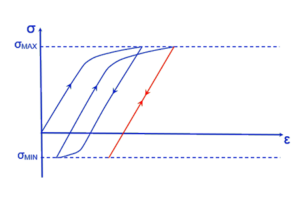
Shake-down occurs if the material accumulates plastic strain on the first few cycles and behaves plastic for each subsequent cycles – no accumulating plastic strain. This means that there is a plastic strain amplitude in each cycle but the level of plastic strains does not increase.
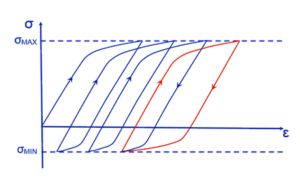
The next case is when the material accumulates plastic strain on the first few cycles and this continues for each subsequent cycle. In this case shake-down does not occur. However, Based on ASME section III the accumulated plastic strain in the entire component life is limited to maximum of 5 %.
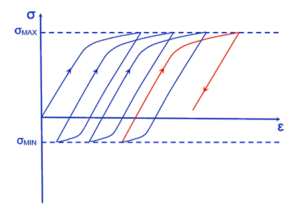
- Fracture mechanics analysis (LEFM & EPFM):
We perform crack propagation analysis on pressure vessels, piping systems and supporting structures by stress intensification factor, VCC, J-integral and C*-integral methods to study the behavior of existing cracks, utilizing advanced finite element analysis.

- Creep crack growth analysis:
We perform nonlinear finite element analysis to study the crack propagation of the existing cracks in the components operating under the elevated temperature to estimate the remaining life of the cracked components.
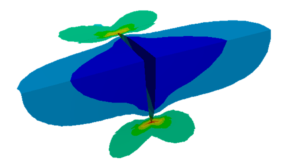
- Stability analysis:
We perform stability analysis on pressure vessels, piping systems and supporting structures, utilizing finite element analysis.

